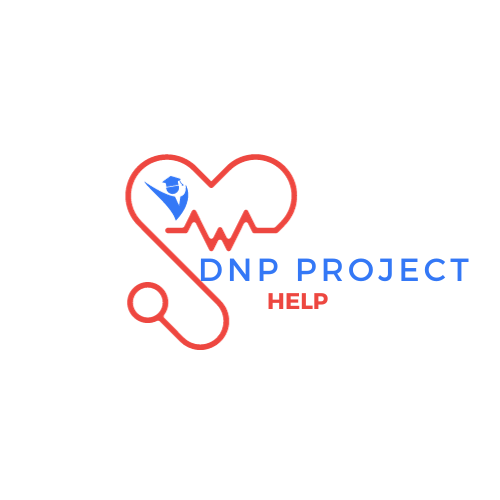
N7301W Translational Science I: Evidence Based Practice Foundations
This is the first course in a series designed to develop advanced practice scholars through a progressive learning sequence. The course focuses on the philosophical foundations of nursing knowledge essential for advanced practice. It emphasizes both foundational and advanced concepts of evidence-based practice (EBP), with a strong focus on applying EBP principles.
Table of Contents
Course Objectives
- Nursing Discipline
Apply the scope of practice and roles of Advanced Practice Scholars to create quality initiatives in healthcare settings. - Integration
Use knowledge from different fields to develop quality initiatives that improve health outcomes in healthcare services. - Clinical Judgment
Apply the NCSBN Clinical Judgment Model to help create quality initiatives that enhance health outcomes in healthcare. - Assessment, Diagnosis, Planning, and Coordination
Use appropriate skills for assessment, decision-making, and coordinating interventions to improve healthcare outcomes. - Intervention Delivery and Outcome Evaluation
Apply best-care practices, policies, and data to improve health outcomes and develop quality initiatives in healthcare. - Population Health
Use epidemiological principles, equity, policy, advocacy, and preparedness strategies to improve healthcare outcomes. - Translational Science Approaches
Apply quality improvement, research, and evaluation methods to develop initiatives that improve healthcare outcomes. - Quality and Safety
Use principles of quality and safety science to enhance healthcare delivery and services. - Communication and Collaboration
Apply team communication and collaboration strategies to improve healthcare delivery and outcomes. - Systems
Identify innovative, evidence-based strategies to improve healthcare systems and outcomes. - Informatics
Use information and communication technology to improve healthcare quality and outcomes. - Professionalism and Ethics
Demonstrate accountability and ethical behavior to enhance healthcare delivery and services. - Professional Maturation
Apply behaviors and practices that support professional growth to improve healthcare quality and outcomes. - Leadership
Apply leadership and management principles to improve quality initiatives and health outcomes in healthcare.
Methods of Instruction
The course will include lectures, discussions, case studies, Canvas course materials, and online activities. In-class activities may involve faculty presentations, seminar discussions, and student presentations. Students are expected to come prepared to discuss and review the assigned readings.
Modules
Module 1: Orientation
An introduction to the course structure, expectations, and key resources.
Module 2: The DNP Project
Overview of the Doctor of Nursing Practice (DNP) project, its purpose, and how it fits into the program.
Module 3: Understanding the Issue
Focuses on identifying and understanding the healthcare issue that will be addressed in the DNP project.
Module 4: Rationale, Change Models & Frameworks, & Project Goals
Explains the rationale behind the project, introduces change models and frameworks, and helps define project goals.
Module 5: Working with Stakeholders & Teams
Teaches how to collaborate with stakeholders and teams to support the success of the DNP project.
Module 6: The DNP Leader, Scholar, & Innovator
Discusses the roles of the DNP student as a leader, scholar, and innovator in healthcare.
Module 7: Course Deliverables
Covers the key assignments and deliverables required for the course.


